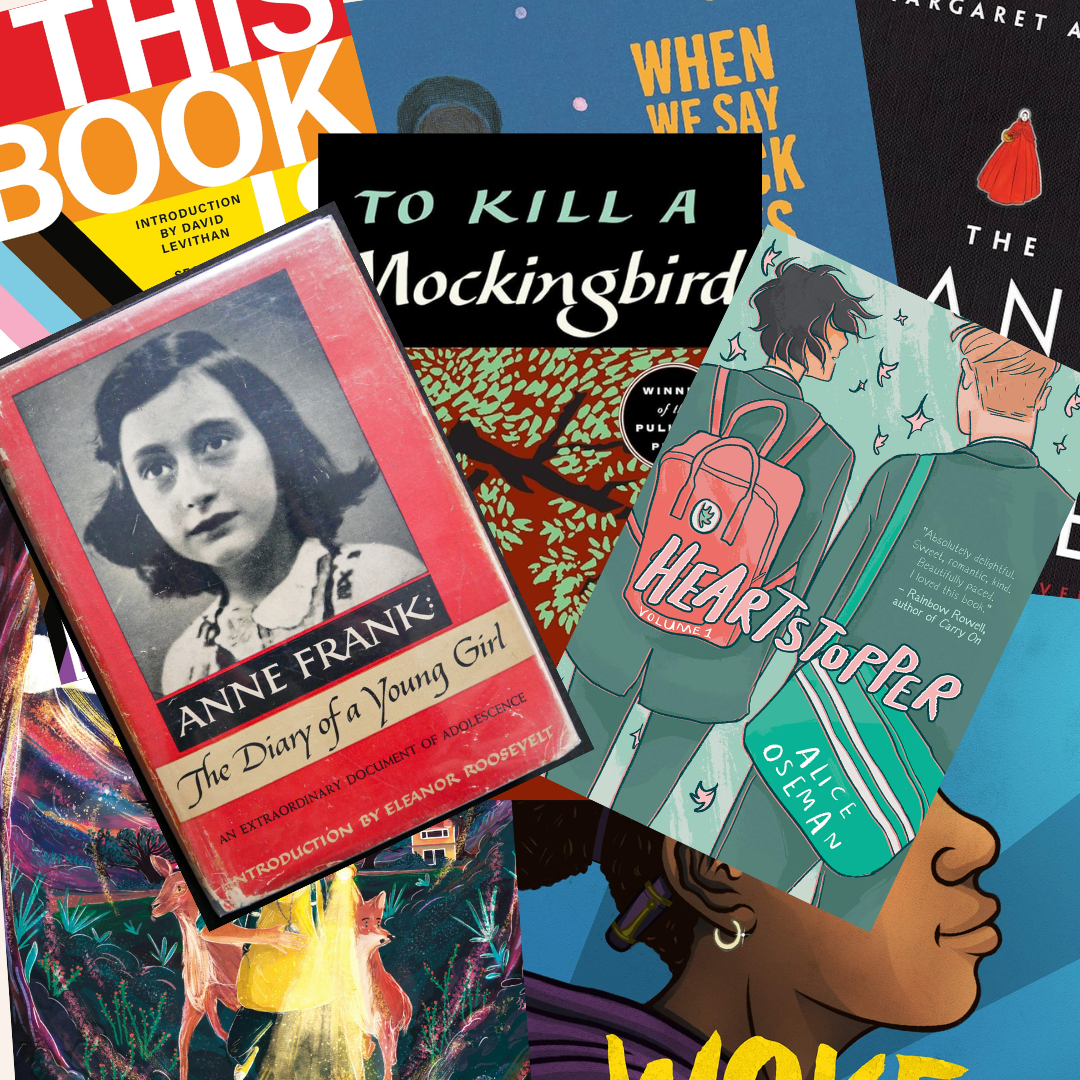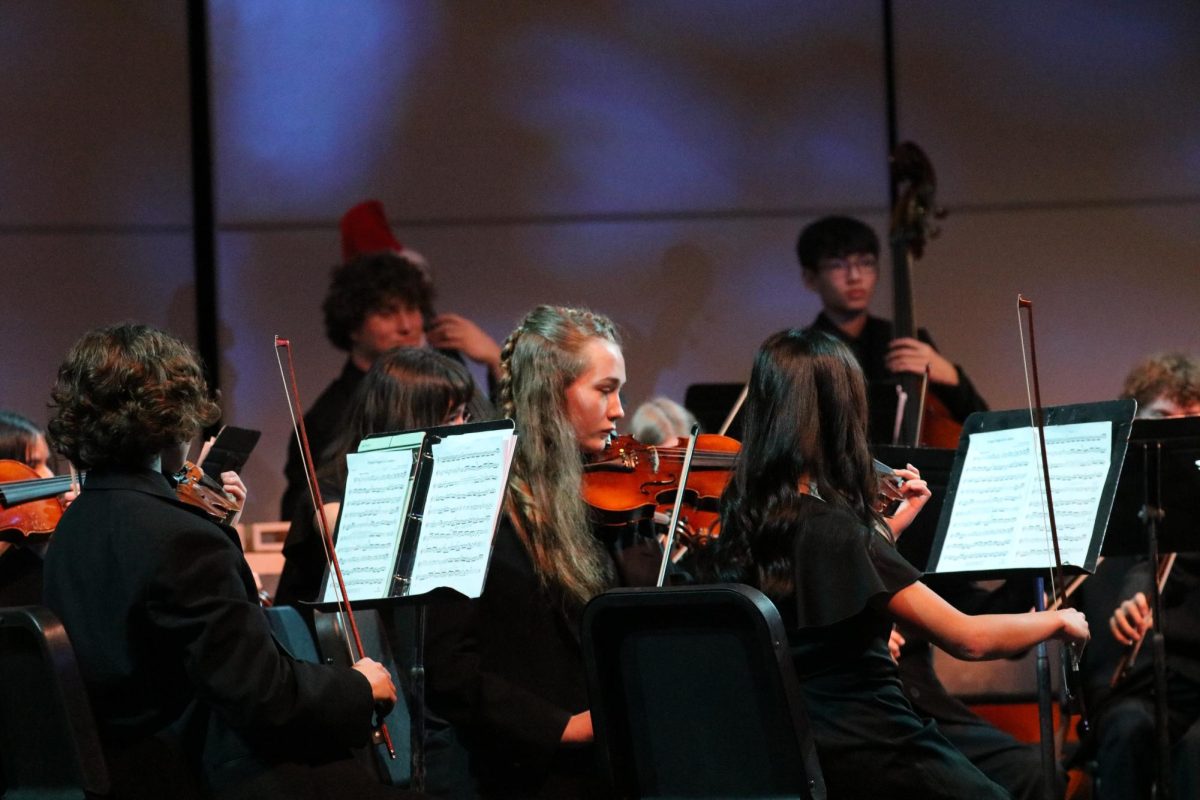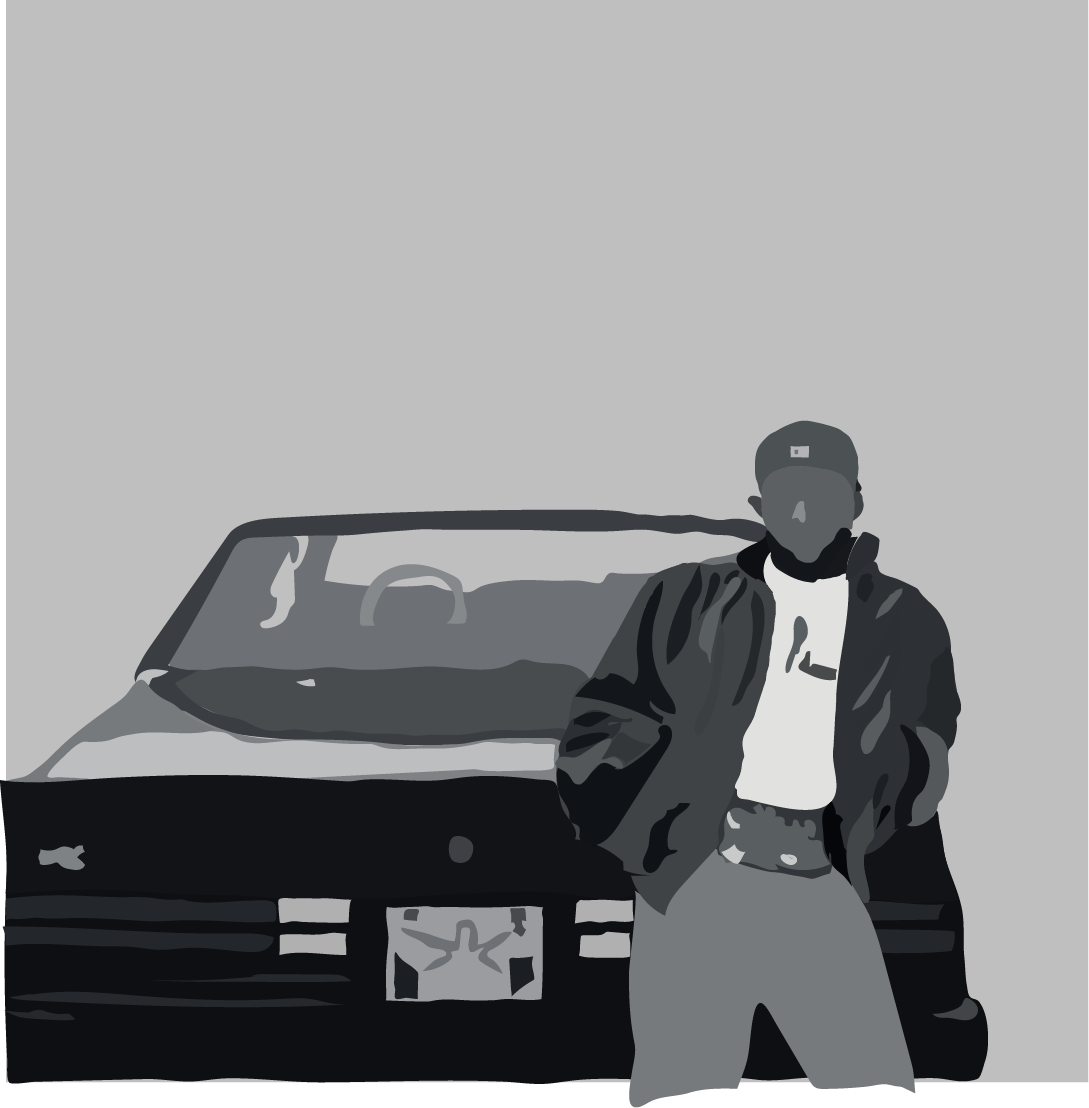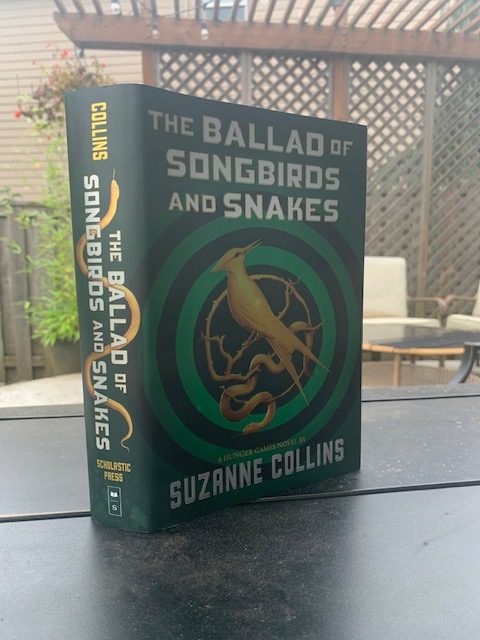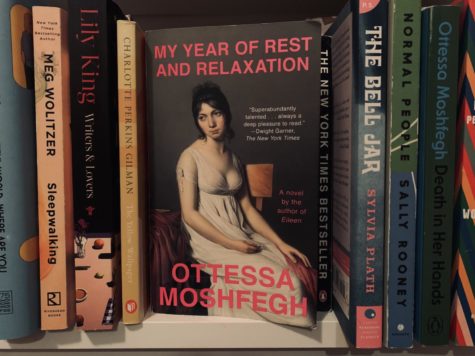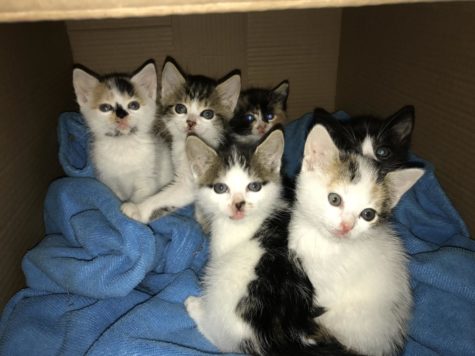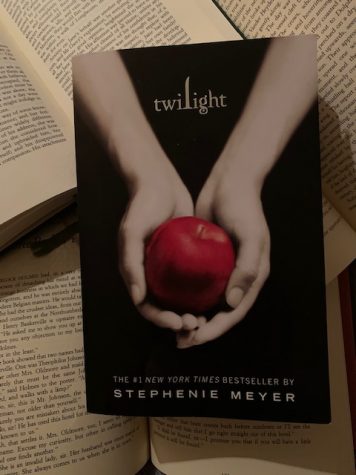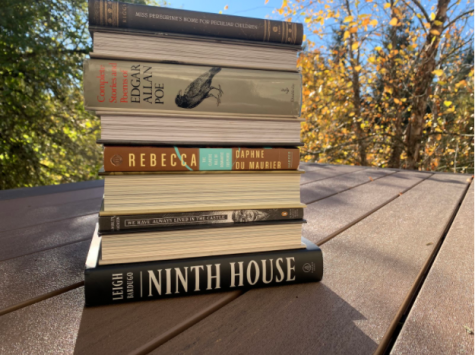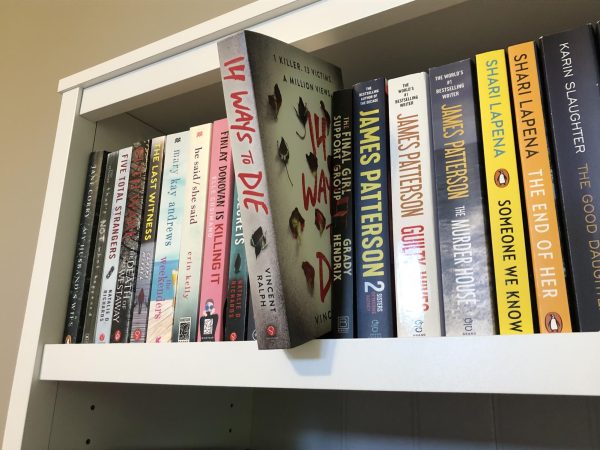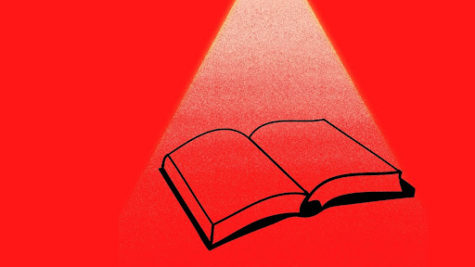‘The Ballad of Songbirds and Snakes’
A worthy successor
The Ballad of Songbirds and Snakes lives up its monumental expectations in a spectacular way.
Suzanne Collins’ Hunger Games trilogy has forever changed the face of the teen genre. The trilogy introduced science fiction and dystopian books to a much larger audience by making them more interesting to younger readers and easier to comprehend. When I heard that she was writing a prequel for the series, I was immediately interested. How could anything live up to the genre-defining Hunger Games?
The Ballad of Songbirds and Snakes was first announced on June 16, 2019 to much fanfare. It promised to go back to the years directly after the failed first rebellion of the districts and give a backstory to the main villain of the original trilogy, President Snow.
Having President Snow as the protagonist put me off a bit at first. I didn’t want to hear a story about a character I had grown to hate, and had instead been hoping the book would center around a character who seemed intriguing but was slightly ignored by the main books. I wanted to hear about Rue or Haymitch, not President Snow. In the end though, the book won me over.
Set in a world before the Hunger Games had become glamorous, the Ballad of Songbirds and Snakes tells the story of a capital boy who is struggling to bear the weight of keeping up his family’s wealthy reputation, despite the lack of food on his table. Young Coriolanus Snow has to win as a mentor and make the Hunger Games attractive to watch in an attempt to win a college scholarship. Along the way he grapples with the morality of the Hunger Games and the true difference between the districts and the Capitol.
Throughout the book we see Coriolanus, or Coryo, as his cousin calls him, go from a desperate student to a silver-tongued politician. The book itself was almost hard to read as you see him sliding further and further away from the great person he could have been. Suzanne Collins’ writing is wonderful as it nearly perfectly describes this transition. She adds in exciting references to the original trilogy and a bit of humor. I didn’t think I would ever be able to sympathize with President Snow, but the end of this book broke my heart. I highly recommend it whether you were a fan of the original Hunger Games books or not.
Your donation will support the student journalists of West Linn High School. Your contribution will allow us to continue to produce quality content by purchasing equipment, software, and continuing to host our website on School Newspapers Online (SNO).

Audrey Lippert is a senior at West Linn High School. This is her fourth year taking journalism, and Lippert most enjoys writing current events articles,...


![Reaching out. Christopher Lesh, student at Central Catholic High School, serves ice cream during the event on March 2, 2025, at the Portland waterfront. Central Catholic was just one of the schools that sent student volunteers out to cook, prepare, dish, and serve food. Interact club’s co-president Rachel Gerber, junior, plated the food during the event. “I like how direct the contact is,” Gerber said. “You’re there [and] you’re just doing something good. It’s simple, it’s easy, you can feel good about it.”](https://wlhsnow.com/wp-content/uploads/2025/03/interact-1-edited-1200x744.jpg)


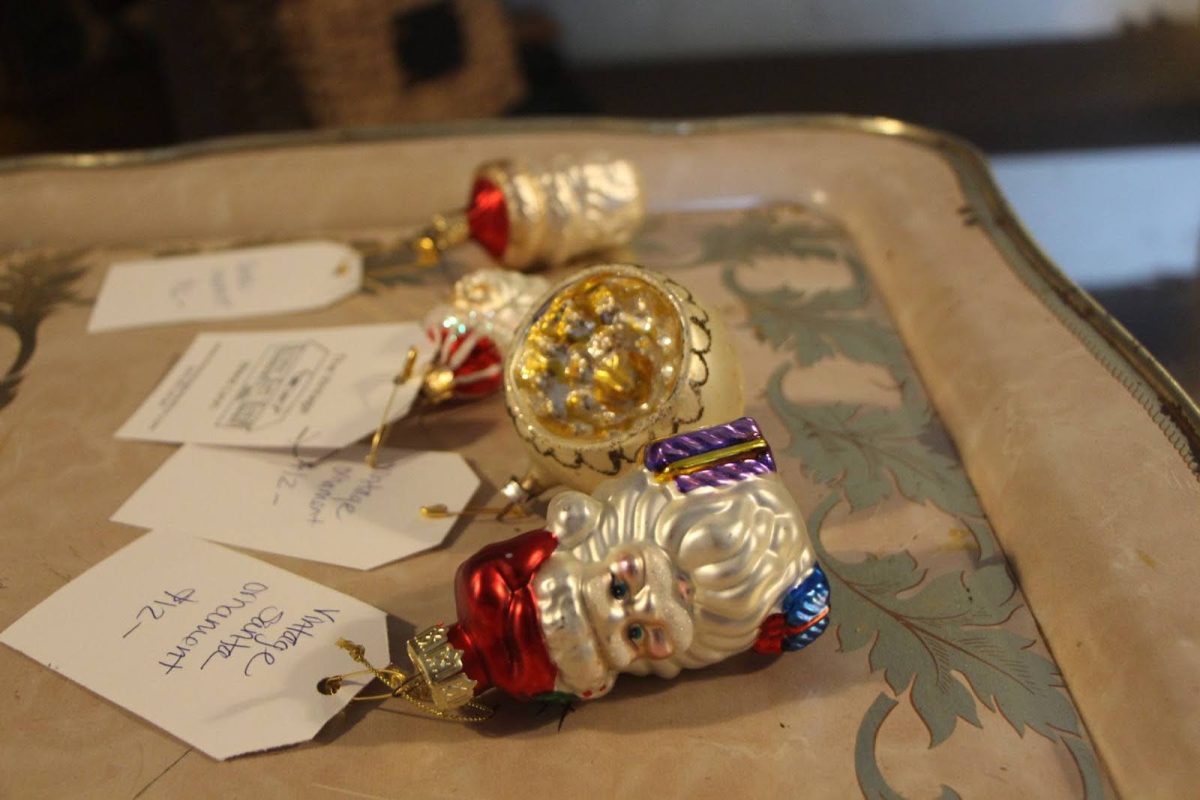





















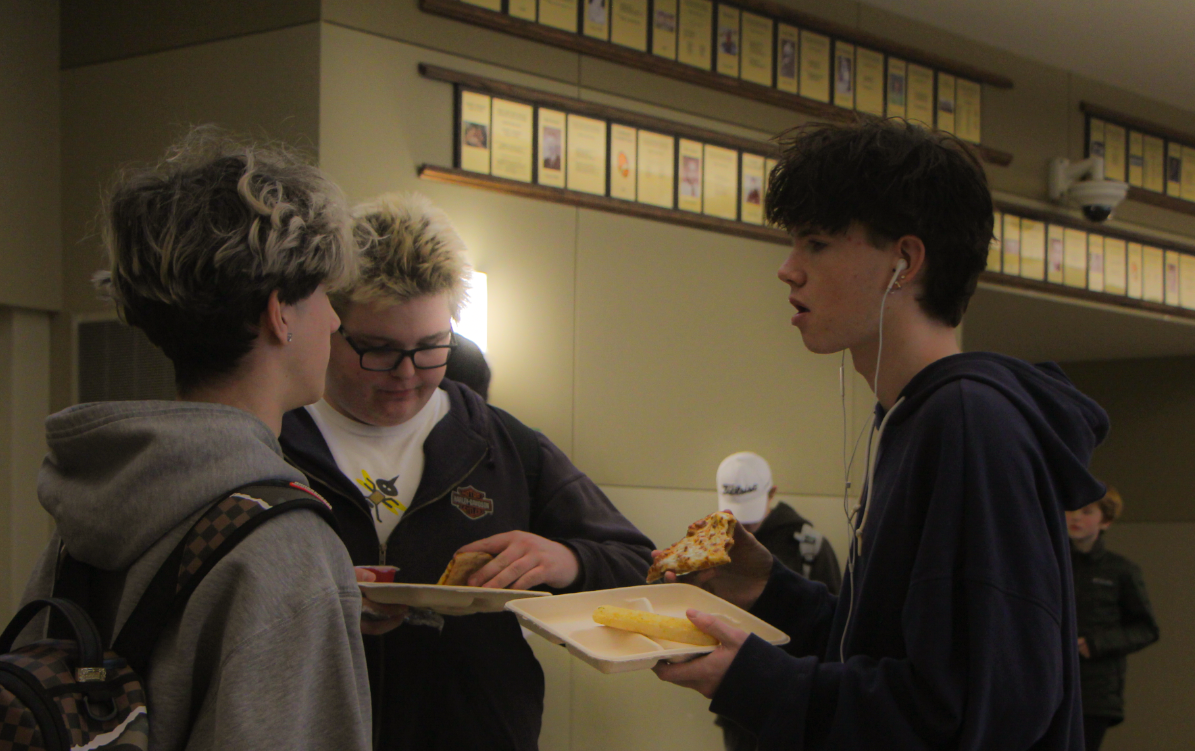












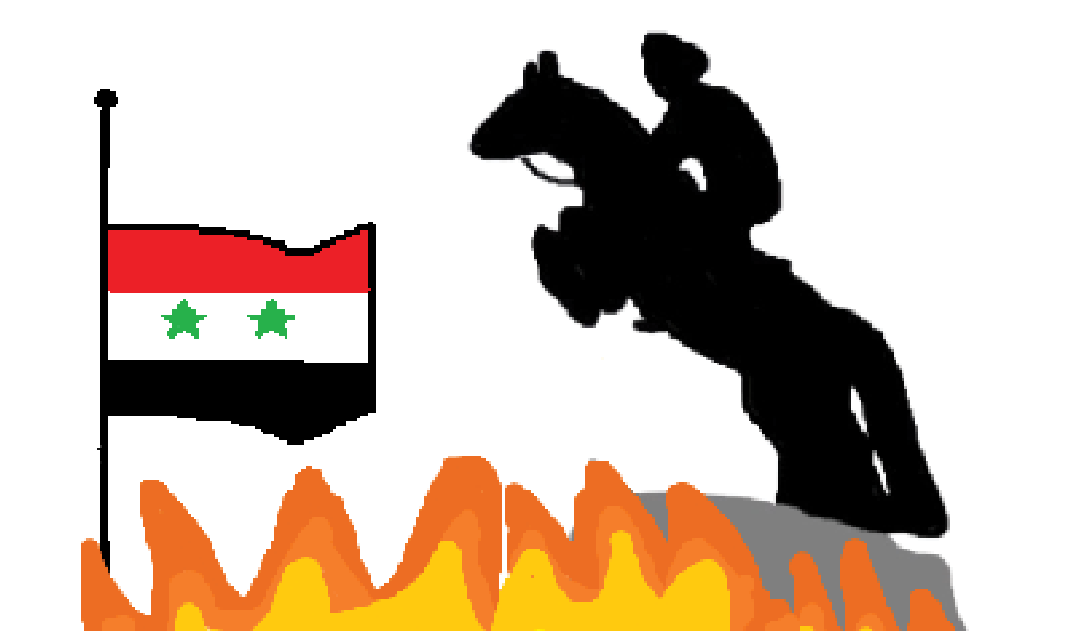






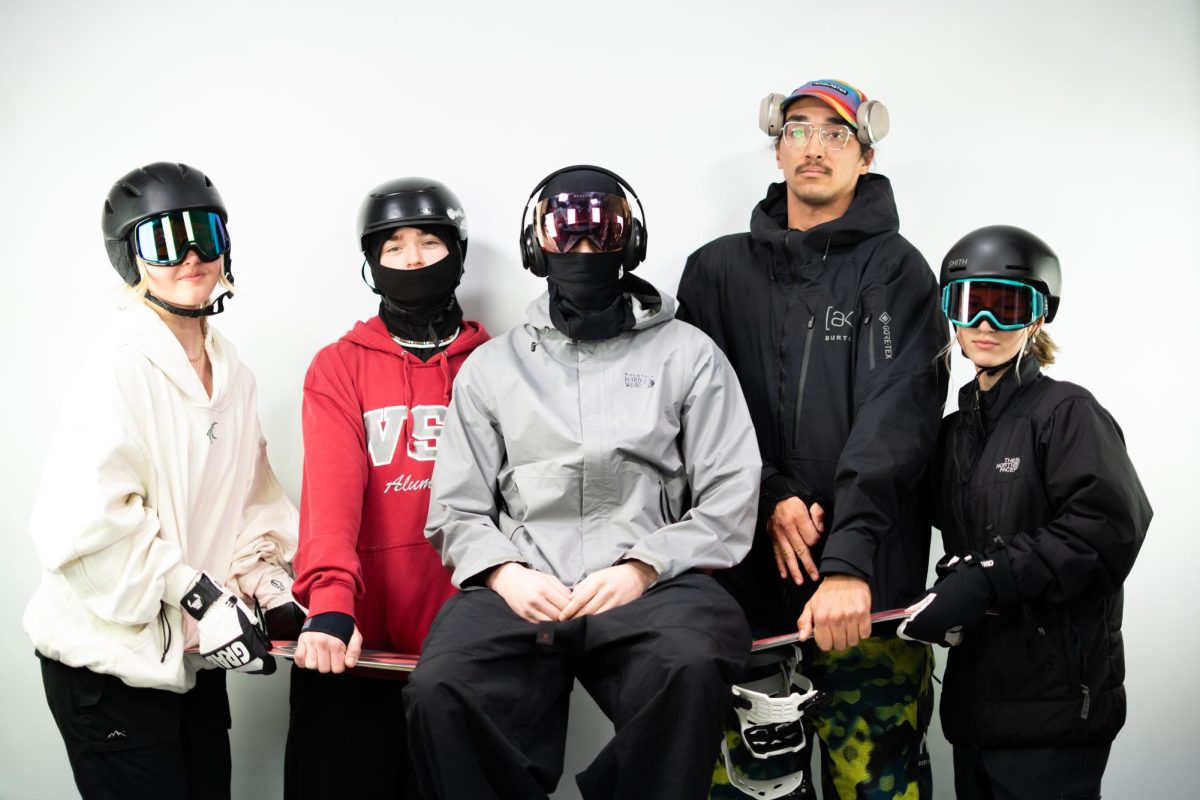

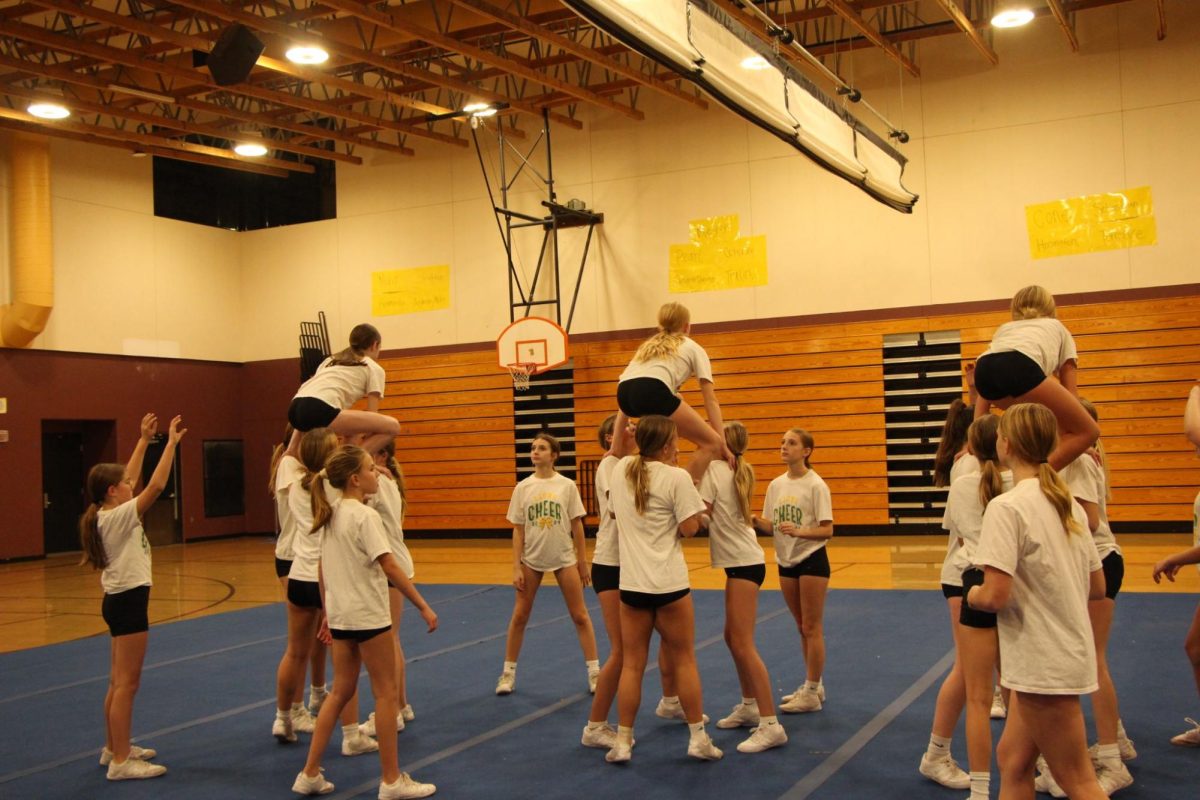









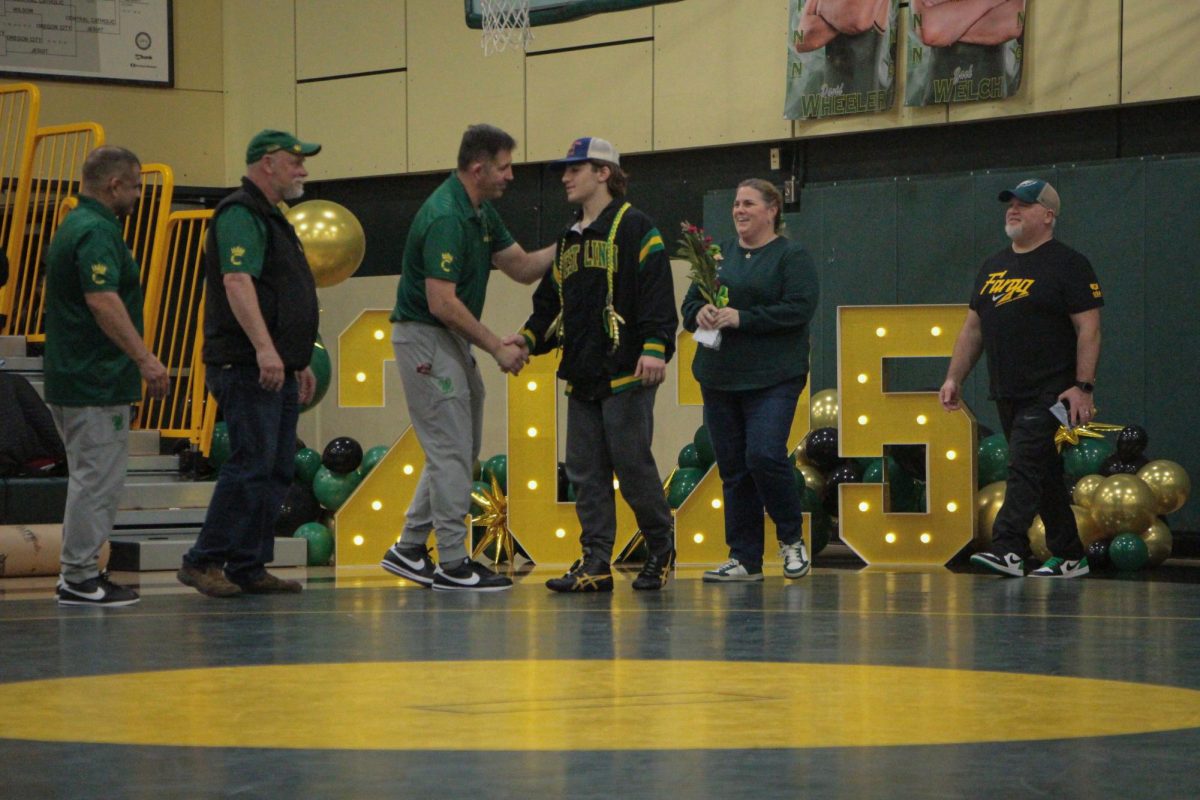
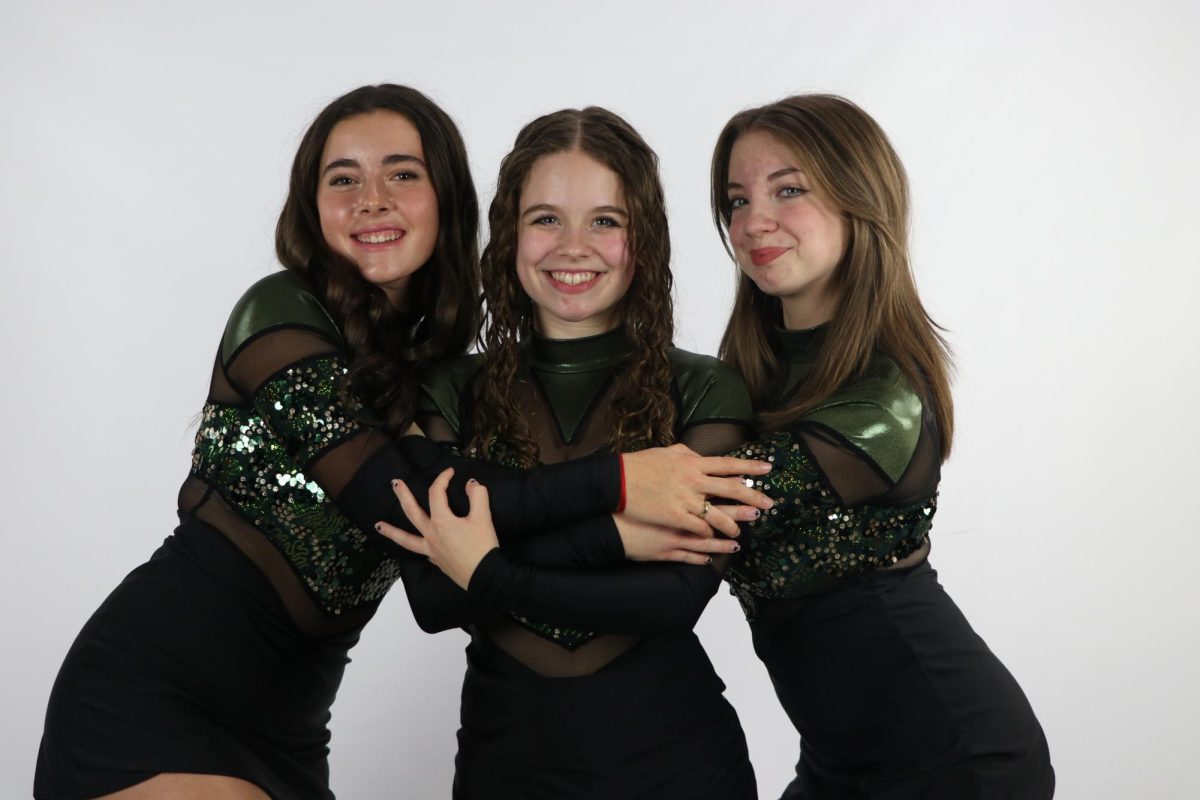



![At the bottom of the third inning, the Lions are still scoreless. Rowe stands at home plate, preparing to bat, while Vandenbrink stands off to the side as the next batter up. Despite having the bases loaded, the team was unable to score any runs. “It’s just the beginning of the season. We’re just going to be playing out best by June, [and] that’s where champions are,” Rowe said.](https://wlhsnow.com/wp-content/uploads/2024/03/IMG_3077-1200x900.jpg)




